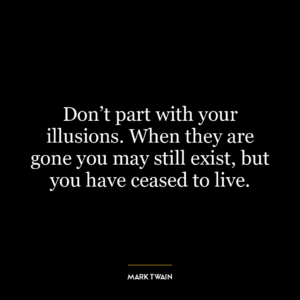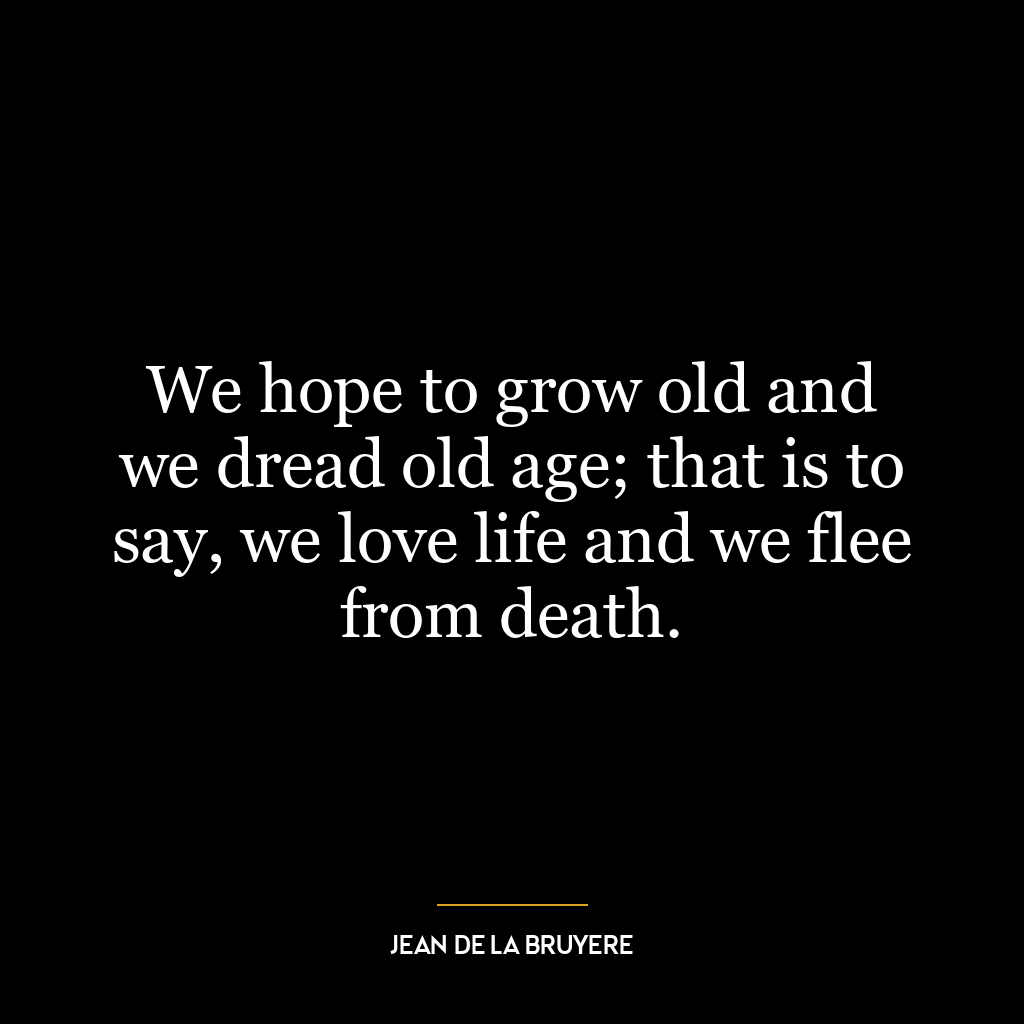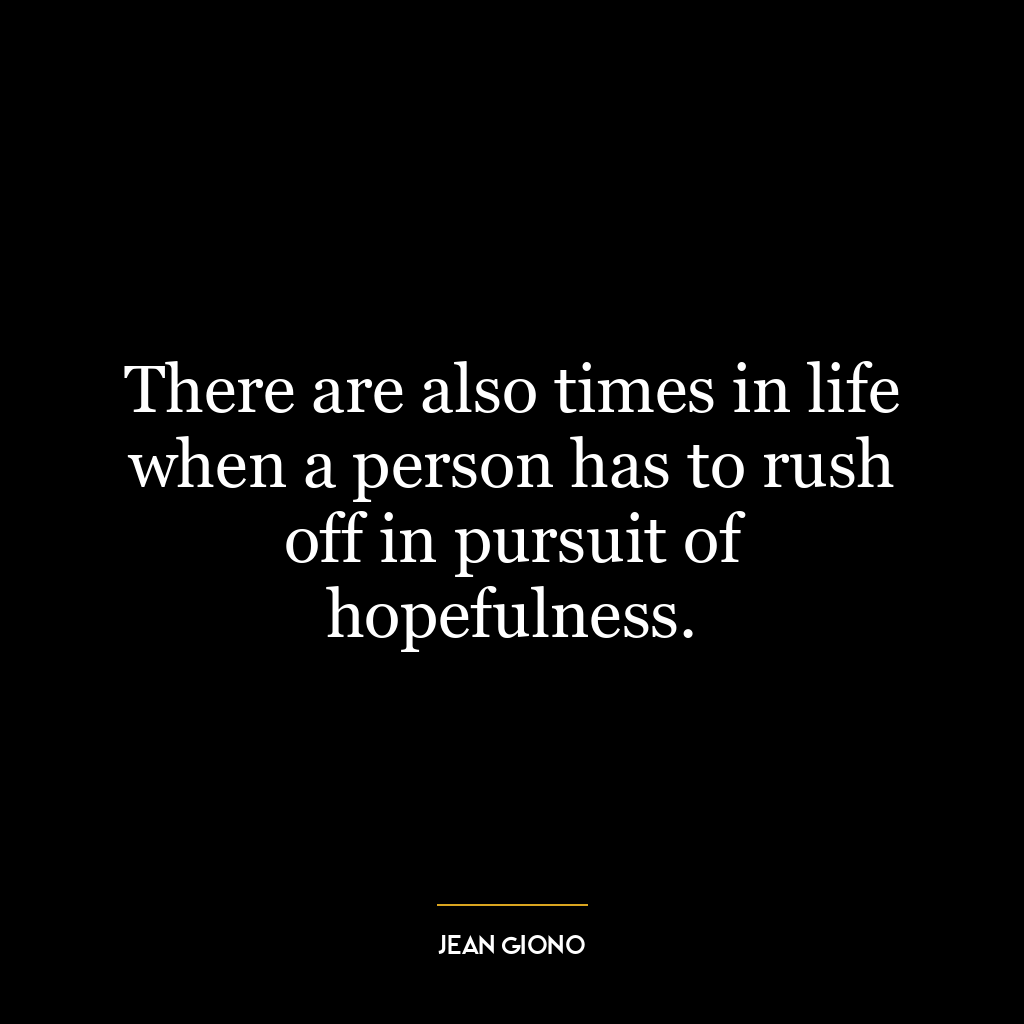Now and then we had a hope that if we lived and were good, God would permit us to be pirates.
This quote is a playful yet profound reflection on the paradoxes of morality, aspiration, and human nature. On the surface, it humorously suggests that being good might earn us the divine permission to be bad – in this case, to become pirates, traditionally seen as lawless and immoral. It’s a whimsical image that captures the human yearning for freedom and adventure, for a life unbound by rules and conventions.
However, the quote also subtly questions the societal notions of ‘good’ and ‘bad’. Pirates, despite their lawless reputation, are often romanticized as symbols of rebellion, freedom, and autonomy. So, the ‘goodness’ that the speaker hopes to achieve is not a blind adherence to societal norms, but a more personal, nuanced understanding of morality that includes the freedom to live according to one’s own terms.
In today’s world, this quote could be seen as an encouragement to question societal norms and expectations, and to define our own versions of a ‘good’ life. It suggests that being ‘good’ doesn’t necessarily mean conforming to what others expect of us, but finding a balance between societal expectations and personal desires, between morality and freedom.
In terms of personal development, this quote could inspire us to embrace our unique aspirations and values, even if they don’t align with societal norms. It encourages us to strive for personal growth and goodness, not for the sake of societal approval, but for the freedom and fulfillment it brings. It reminds us that being ‘good’ is not about fitting into a pre-defined mold, but about being true to ourselves and our dreams, however unconventional they might be.









